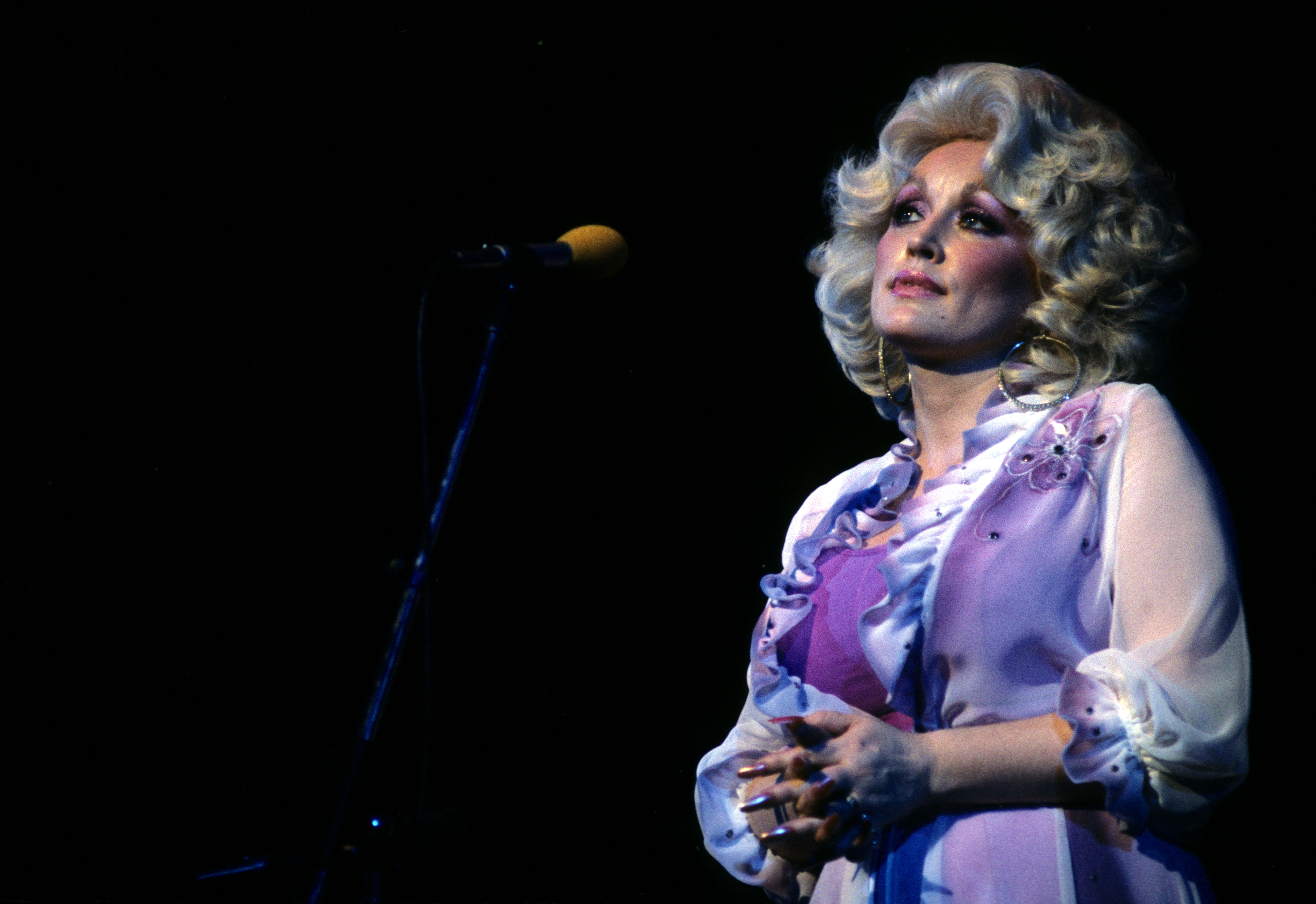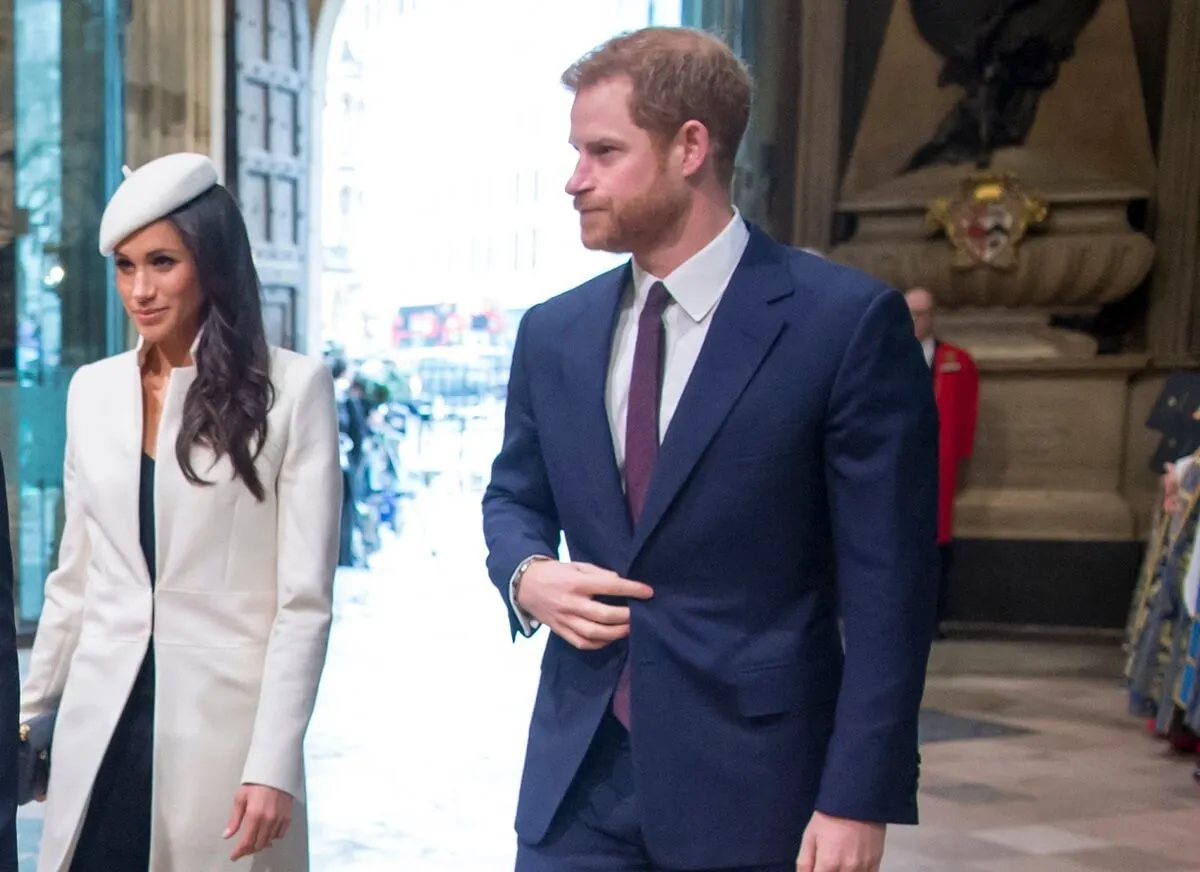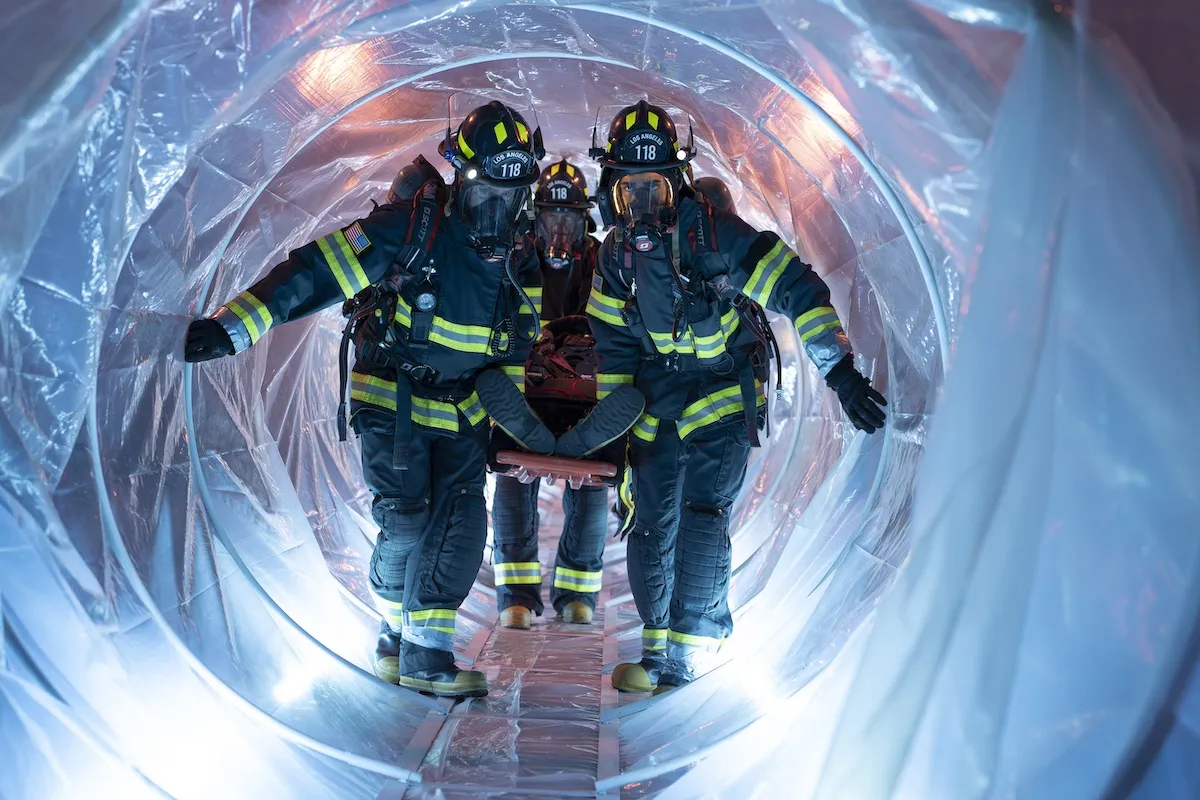
Why Dolly Parton Wasn’t Disappointed in Husband Carl Dean’s Non-Proposal
Carl Dean didn’t propose to Dolly Parton in a traditional sense. He didn’t get down on one knee nor did he share a meaningful declaration of love. Here’s how Dean asked the “Coat of Many Colors” singer to marry him and how she thought about the non-proposal.
How Carl Dean ‘proposed’ to Dolly Parton
Shortly after Parton arrived in Nashville, she moved to Madison, Tennessee. Dean lived in South Nashville, where he worked at his father’s asphalt-paving business.
“Between [where we lived] and the time he spent with me, he wasn’t getting any sleep at all,” Parton wrote of Dean in her 1994 memoir, Dolly: My Life and Other Unfinished Business.
So, one day, “quite matter-of-factly,” Dean told Parton: “You’re either gonna have to move to the other side of town or we’re gonna have to get married.”
To Dean, this was a proposal.
“People always want to know how he asked me to marry him, and I always have to say, ‘He didn’t exactly ask,’” wrote Parton.
The “Two Doors Down” singer felt torn. On one hand, she was thrilled Dean wanted to get married. On the other, she was confused.
“You never have even said you loved me,” she told him.
“Hell, you know I love you,” Dean replied.
Dean was not a words-of-affirmation partner. Parton was used to that sort of person. Her father was the same way.
Dolly understood Carl’s lack of proposal and ‘I love you’s because her father was the same way
The “Down From Dover” singer knew her family loved her, but no one ever said it.
“It is one of the Parton/Dean rules of conduct I have become a one-woman committee to abolish,” she wrote. “Always at holidays or other family gatherings, people would hug and say goodbye, but they would never say ‘I love you.’ Sure, I know that the love is there, but dammit, I want to hear it! I was the first one in my family, that I know of, to ever tell other family members that I loved them.”
Parton’s father was the most hesitant to express his feelings.
“One day, after I had been living away from home for many years, I was saying goodbye to Daddy when I told him, ‘I love you,’” wrote Parton. “He responded in the usual nonverbal, look-at-the-ground Parton way, and I just couldn’t stand it anymore. I took his head between my hands and made him look me right in the eye. ‘You tell me you love me,’ I demanded. With no small amount of embarrassment he said, ‘Aww, you know I love you’uns’ (a mountain word meaning more than one). ‘Not you’uns!’ I kept on. ‘This has got nothing to do with Cassie or Bobby or anybody else. I want to know if you—I emphasized the word by poking my finger into his chest—love me,’ I said with an emphatic point toward myself.”
Parton’s father tried to look away but she held his face in place aimed at her. He blushed and sputtered and finally spit out “I love you.”
“That must have been the crack in the dam,” wrote Parton. “Once the top man had fallen, it was easier to teach the rest of the Partons to say ‘I love you.’ Now it is something we all do freely.”
As of the 1994 writing of Parton’s memoir, saying “I love you” was still not something Dean did regularly.
“But now and then, in a kind of sidewinding way, he will say it,” she wrote.


